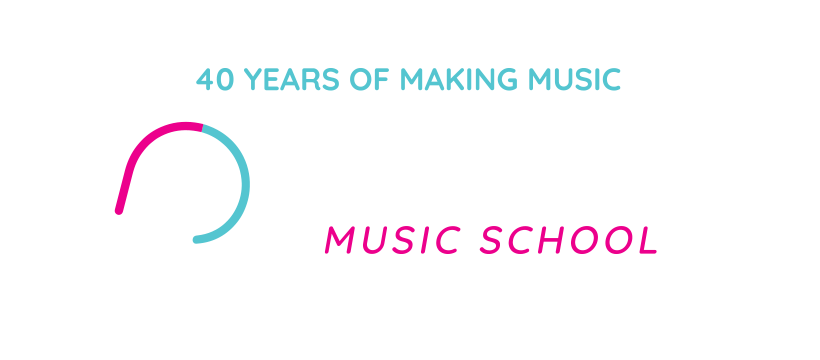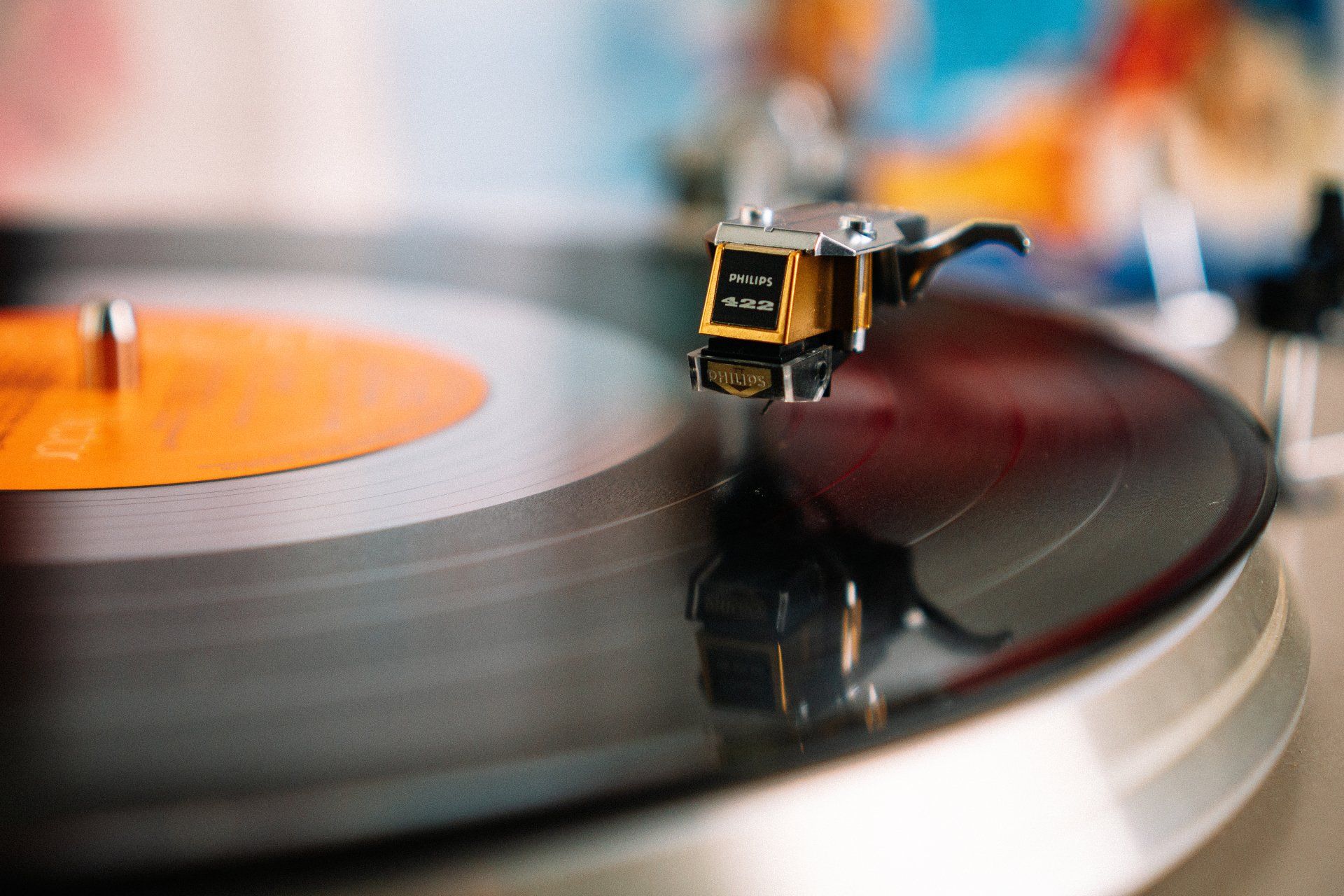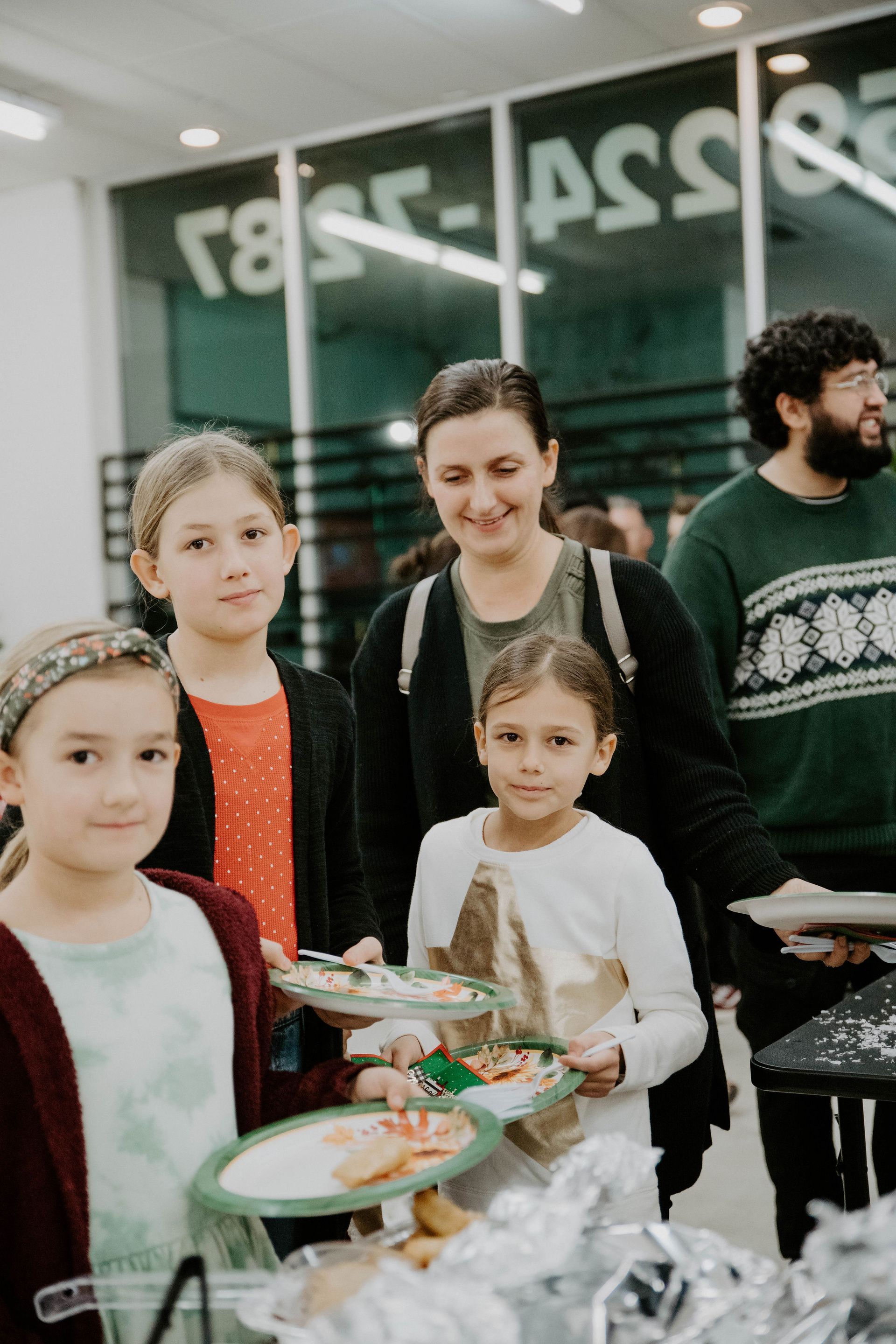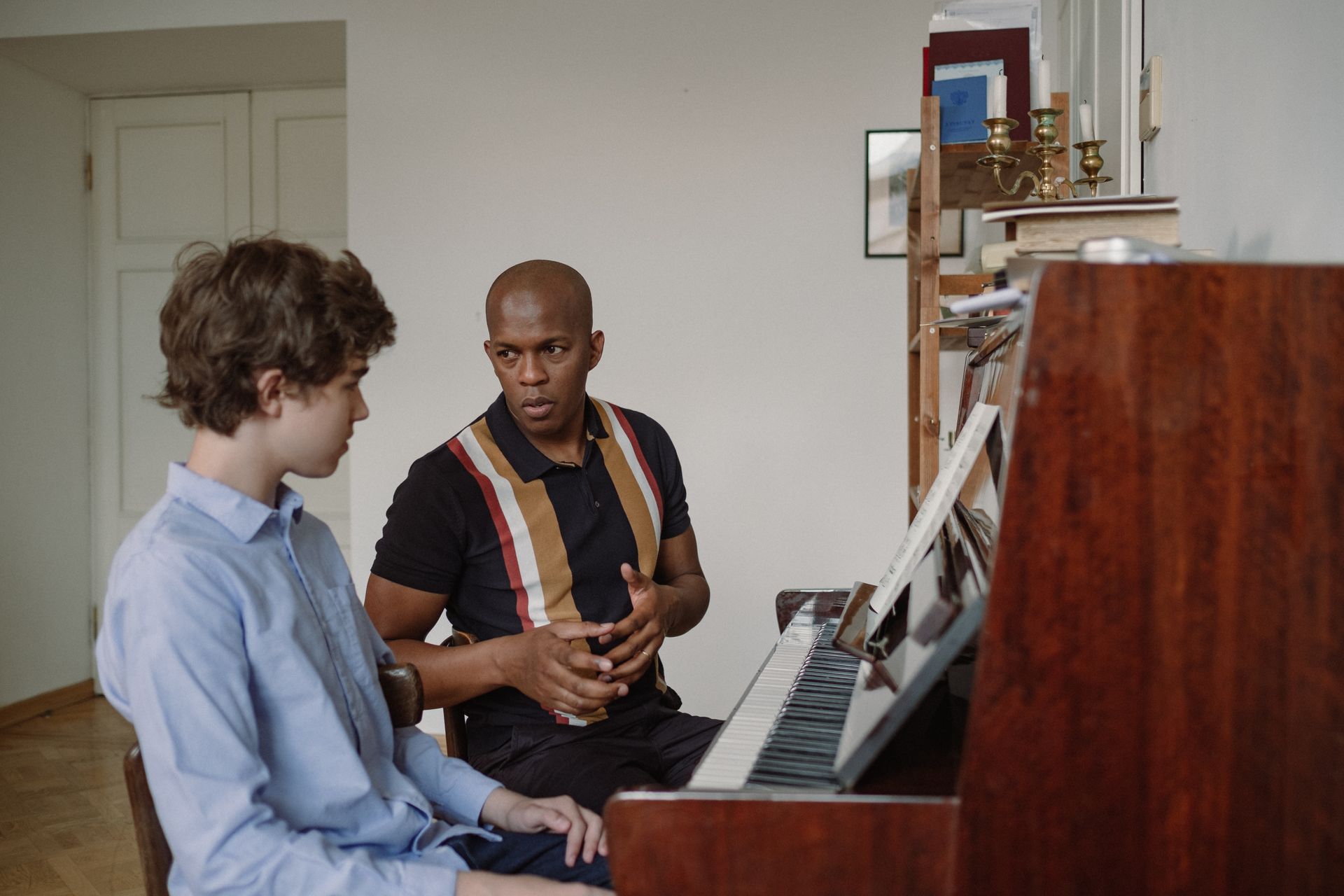Building Your Musical Community Networking and Collaboration Tips
Are you looking to expand your musical network and enhance your career in the music industry?
Building a strong musical community is crucial for success. In this article, we will discuss the importance of networking, provide tips on how to network effectively, and offer advice on successful collaboration with other musicians.
From attending local music events to utilizing social media and joining online music communities, we have got you covered.
Stay tuned for valuable insights on maintaining and growing your musical connections!
Why Is Building a Musical Community Important?
Building a musical community is crucial in the music industry as it fosters connections among musicians, artists, and industry professionals, leading to collaborations and opportunities for growth and exposure.
Networking within the music industry goes beyond traditional face-to-face interactions, thanks to the advent of various social media platforms and digital tools. These platforms enable artists to connect with industry experts, fans, and fellow musicians worldwide, breaking geographical barriers and expanding their reach. By actively engaging in online conversations, sharing music on streaming services, and participating in virtual events and forums, musicians can create a strong online presence, attract new listeners, and even attract potential collaborators.
How to Network in the Music Industry?
Networking in the music industry involves establishing meaningful connections with fellow musicians, music producers, and industry professionals through various channels such as social media, events, and online platforms.
Attending local music events provides an excellent opportunity to meet new people in the industry and showcase your talents live.
Utilizing social media platforms like Instagram and SoundCloud can help you reach a wider audience and connect with fans and industry professionals alike.
Joining online music communities allows you to interact with like-minded individuals, share resources, and collaborate on projects.
Collaborating with other artists not only expands your creative horizons but also introduces you to their network, opening up new possibilities for your music career.
Remember, building relationships and seizing networking opportunities are crucial steps towards advancing your music career in a competitive industry.
Attend Local Music Events
Attending local music events is a fantastic way to network within the music industry, allowing musicians to connect with industry professionals, fellow artists, and potential collaborators in a live setting.
These events provide a platform where aspiring artists can showcase their talent, garner exposure, and receive valuable feedback from experienced individuals in the music business. Attending music industry conferences, such as the renowned South by Southwest (SXSW) or Midem Music Conference , offers musicians the chance to expand their network globally and gain insights into the latest trends and technologies shaping the music landscape.
- Participating in local jam sessions, open mic nights, or music workshops can lead to spontaneous collaborations and introductions to key players in the industry.
- Online platforms like SoundCloud , Bandcamp , and ReverbNation also serve as virtual hubs for networking, allowing artists to connect with industry professionals, promoters, and other musicians from around the world.
Utilize Social Media
Utilizing social media platforms is a powerful tool for networking in the music industry, enabling musicians to expand their reach, engage with fans, and connect with industry professionals on a global scale.
Platforms like Instagram, Facebook, Twitter, and TikTok provide avenues to showcase music, share updates, and interact with followers directly. Developing a consistent posting schedule, utilizing engaging visuals, and incorporating storytelling through posts can help in building a loyal fan base. Responding to comments, messages, and running interactive campaigns like Q&A sessions or giveaways can foster community engagement. Collaborating with other musicians, sharing each other's work, and participating in online music challenges can also enhance visibility and attract new audiences.
Join Online Music Communities
Joining online music communities provides musicians with a virtual space to network, collaborate, and share their work with a supportive community of music producers, artists, and industry professionals.
These platforms, such as SoundCloud, Bandcamp, and relevant Reddit threads, allow musicians to showcase their talents, receive constructive feedback, and even find potential collaborators for new projects. By actively engaging in discussions, sharing insights, and appreciating the work of others, musicians can gain exposure, improve their skills, and stay updated on industry trends.
Joining social media groups dedicated to music offers additional opportunities to connect with peers, seek advice, and discover new genres. The diverse nature of these communities fosters a rich environment where artists at all levels can learn, grow, and thrive together.
Collaborate with Other Musicians
Collaborating with other musicians is a key strategy for building connections, exploring new opportunities, and expanding one's reach within the music industry, fostering meaningful relationships and creative partnerships.
By partnering with fellow artists, you open doors to new ideas, styles, and techniques that can ignite your creativity and broaden your musical horizons. The synergy achieved through collaboration often results in innovative and unique music creations that can set you apart in the industry.
To find potential collaborators, consider attending local jam sessions, reaching out on social media groups, or utilizing online platforms such as Kompoz and BandLab. These platforms provide a space to connect with musicians globally, share project ideas, and collaborate seamlessly, enabling you to tap into a vast pool of talent.
Tips for Successful Collaboration
Successful collaboration in the music industry hinges on clear communication , defined roles , and realistic goal-setting to ensure that projects are executed smoothly and effectively.
Defining roles and responsibilities early on can prevent misunderstandings and streamline decision-making processes. It's crucial for all parties involved to have a clear understanding of their contributions and expectations.
Fostering open communication channels allows for feedback, creative input, and addressing potential conflicts in a respectful and constructive manner. Regular check-ins, virtual meetings, or communication platforms can ensure everyone is on the same page throughout the project journey.
Setting achievable goals and deadlines provides a roadmap for the collaboration, helping to maintain momentum and drive progress. Clear milestones and timelines help track progress and celebrate accomplishments along the way.
Clearly Define Roles and Expectations
Clear communication and role definition are essential elements for successful collaboration in the music industry, ensuring that all parties involved have a shared understanding of their responsibilities and expectations.
When roles are clearly defined, each team member knows what is expected of them, reducing confusion and allowing everyone to focus on their specific tasks with clarity. This clarity helps in avoiding duplicating efforts or missing crucial steps in the project workflow.
Effective communication fosters a harmonious working environment, where ideas flow freely, feedback is constructive, and conflicts are resolved promptly. It encourages a collaborative spirit, creating a supportive atmosphere that nurtures creativity and innovation.
Communicate Effectively
Effective communication is the cornerstone of successful collaboration in the music industry, allowing musicians to share ideas, provide feedback, and work together towards a common musical goal.
Active listening plays a vital role in effective communication within a musical team, as it involves fully concentrating on what others are saying, understanding their perspectives, and responding thoughtfully. Exchanging feedback in a constructive manner is essential for growth and improvement, enabling musicians to refine their skills and enhance their musical output. Establishing a culture of open and transparent dialogue fosters trust and understanding among team members, facilitating smoother workflows and fostering a sense of unity and shared purpose.
Be Open to Different Ideas and Perspectives
Embracing diverse ideas and perspectives is essential for successful collaboration in the music industry, fostering creativity, innovation, and meaningful engagement among musicians and artists.
When individuals from various backgrounds come together, their unique viewpoints can blend harmoniously to create truly one-of-a-kind artistic endeavors. This diversity of thought not only opens up new avenues for exploration but also challenges musicians to push boundaries, think outside the box, and delve into uncharted territories of sound and expression. By welcoming feedback, collaborating with others, and embracing a spirit of experimentation, musicians can unlock a world of creative possibilities that can captivate and resonate with audiences in profound ways.
Set Realistic Goals and Deadlines
Establishing realistic goals and deadlines is crucial for successful collaboration in the music industry, ensuring that projects are completed efficiently, on time, and with the desired quality.
By defining clear objectives and timeframes, all team members have a roadmap to follow, fostering focus and unity towards a common goal. This approach not only enhances productivity but also reduces the chances of misunderstandings or delays. Project planning becomes smoother and more effective when everyone knows what is expected of them and when, enabling smoother coordination and workflow.
How to Maintain and Grow Your Musical Community?
To sustain and expand your musical community, it is essential to stay connected with your network, actively support fellow musicians, engage in industry events, and foster collaborations that enrich the collective experience.
One effective strategy for nurturing a vibrant musical community is to maintain consistent and open communication with your network. By utilizing various platforms such as social media, email newsletters, and in-person interactions, you can keep your fans, fellow musicians, and industry contacts informed about your latest projects, achievements, and upcoming events.
Actively promoting the work of other artists within your community not only showcases your support for their talents but also helps in creating a supportive environment where everyone is uplifted. Collaborating on music projects and performances not only fosters creativity but also strengthens bonds within the musical network, leading to potential opportunities for shared growth and exposure.
Stay in Touch with Your Connections
Maintaining regular contact with your musical connections is vital for sustaining relationships, fostering collaborations, and building a strong sense of community within the music industry.
As musicians, staying connected with your peers not only nurtures your existing relationships but also opens up opportunities for future collaborations and growth. Sharing updates on your projects, upcoming gigs, or creative endeavors can fuel innovation and ideas among your community.
Supporting fellow artists by attending their performances, sharing their work, or simply engaging in conversations can create a sense of solidarity and mutual respect within the music scene.
To nurture these connections effectively, consider organizing informal meetups, joining online communities, or participating in jam sessions where you can interact with like-minded individuals.
Support and Promote Other Musicians
Actively supporting and promoting other musicians is a key aspect of fostering a thriving musical community, as it creates a culture of mutual respect, collaboration, and encouragement within the industry.
By engaging in cross-promotion , artists not only expand their reach but also create a network of support that can lead to new opportunities and increased visibility. Sharing resources such as studio space, equipment, or contacts can help alleviate individual burdens and foster a spirit of unity.
Showcasing the work of fellow musicians not only elevates their talent but also strengthens the overall reputation of the community. Collaborative marketing efforts, joint performances, and shared projects not only enhance creativity but also attract a wider audience.
Attend Music Industry Conferences and Workshops
Participating in music industry conferences and workshops provides valuable opportunities to connect with industry professionals, gain insights, and expand your network within the music community.
Attending these events allows you to immerse yourself in a dynamic environment where you can learn about the latest trends, technologies, and strategies shaping the music industry. Establishing connections with like-minded individuals at these conferences not only enhances your professional network but also opens the door to potential collaborations and partnerships that can propel your music career forward.
Collaborate on Projects and Performances
Collaborating on music projects and performances is a dynamic way to engage with your musical community, create memorable experiences, and showcase collective talent to a wider audience.
By working together on projects, musicians can benefit from the diverse range of skills and perspectives each member brings to the table. This collaboration not only enhances the creative process but also results in unique, innovative music that resonates with listeners on a deeper level. Joint performances offer artists an opportunity to cross-pollinate their fan bases and reach new audiences who might not have discovered their individual work otherwise. Creating music in a collaborative setting fosters a sense of camaraderie and mutual respect among musicians, paving the way for a stronger and more supportive musical community.
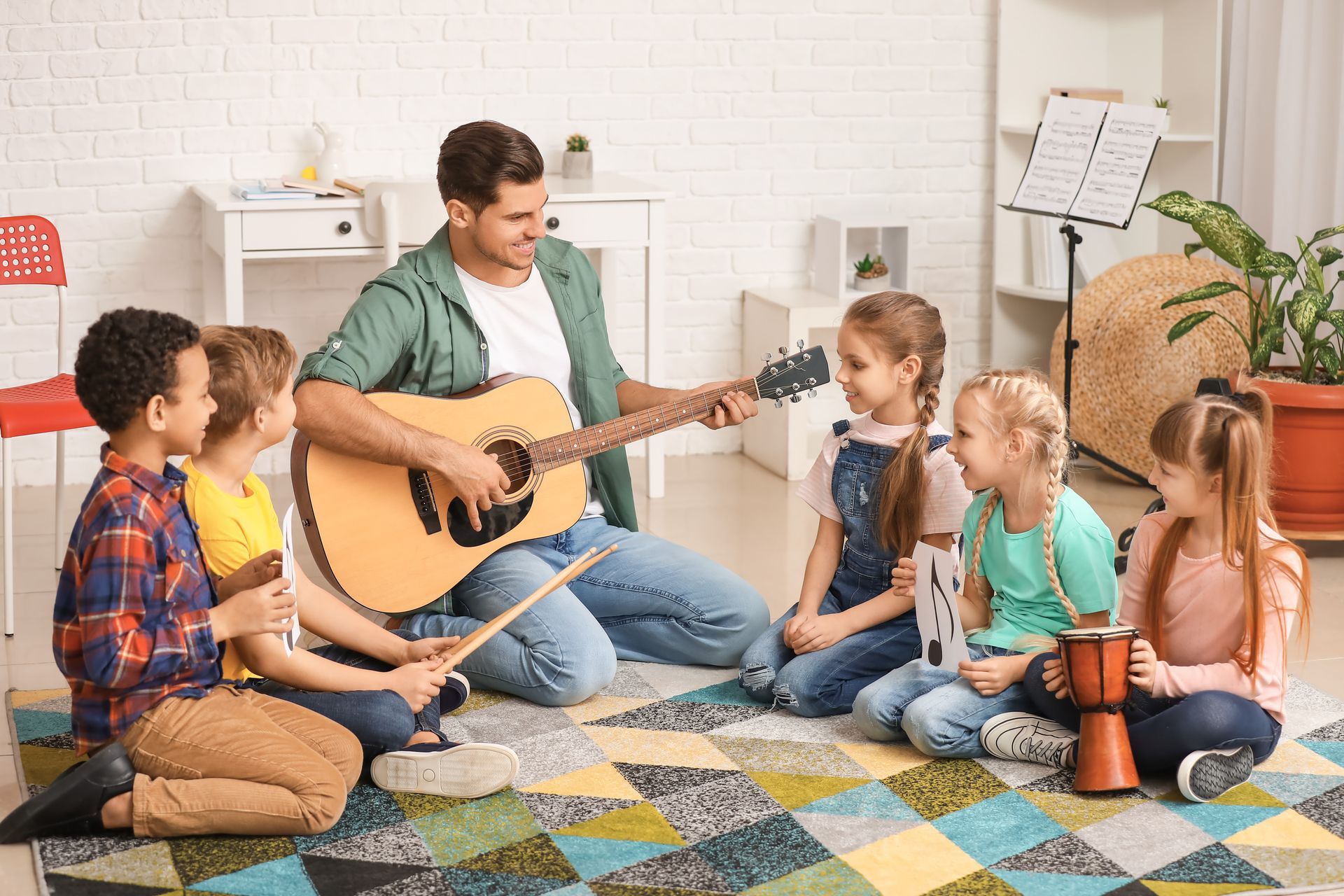

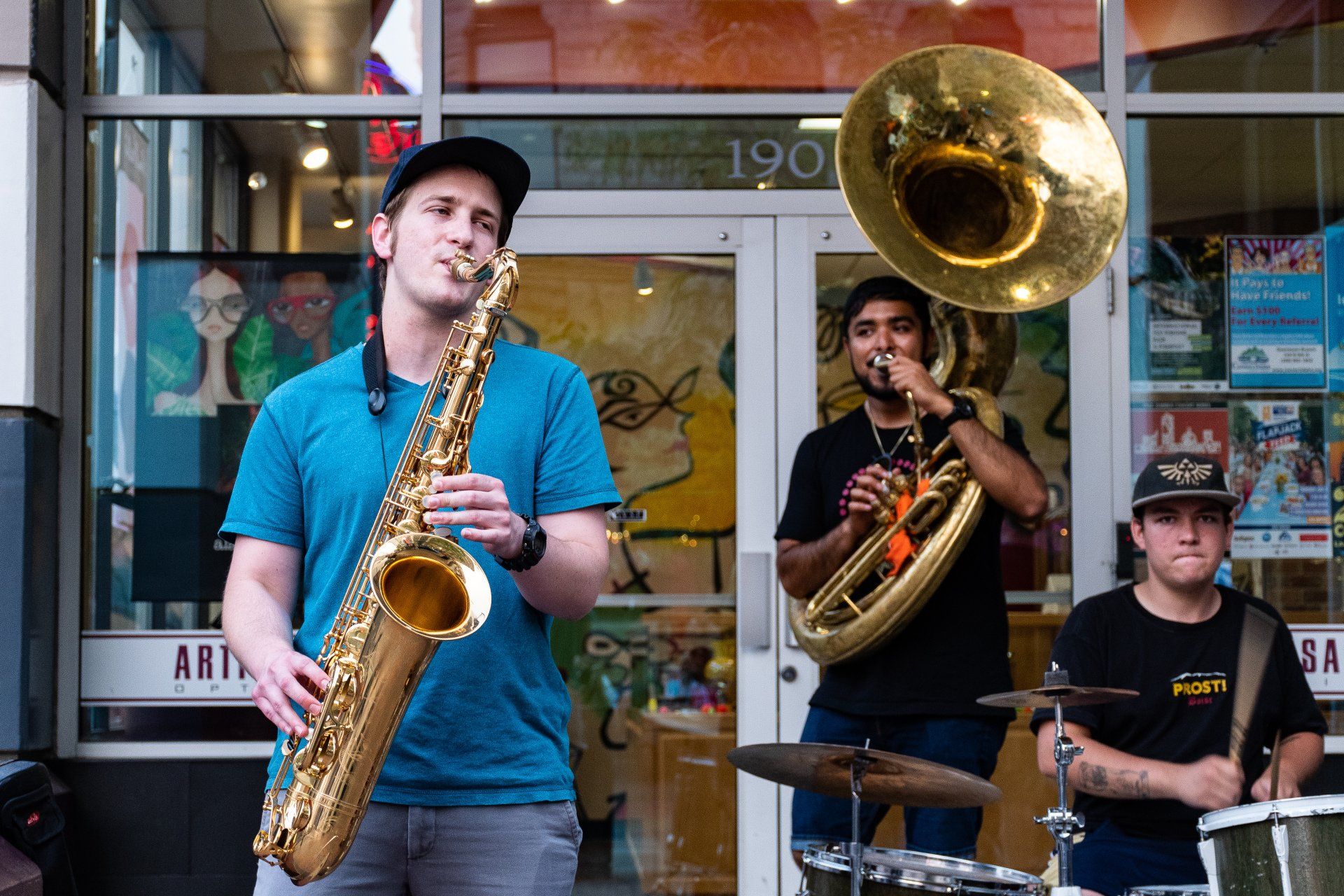
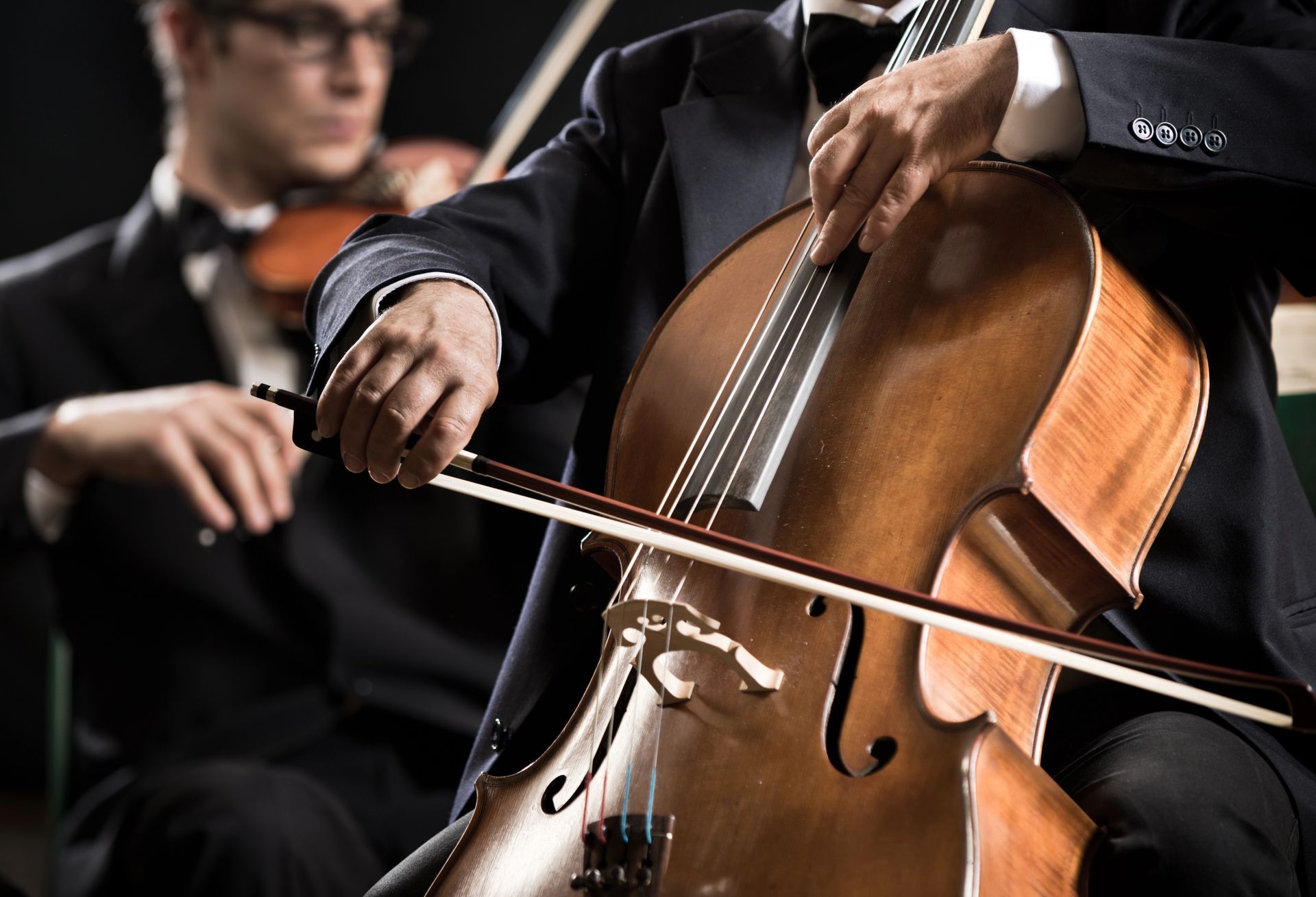

FRESNO LOCATIONS
HOOVER
769 E Barstow Ave, Fresno, CA 93710, United States of America
FORT WASHINGTON
9423 N Fort Washington Ste. 104, Fresno, CA 93730, United States of America
Subscribe to our newsletter to find out about new classes, workshops and promotions.
We will get back to you as soon as possible
Please try again later
